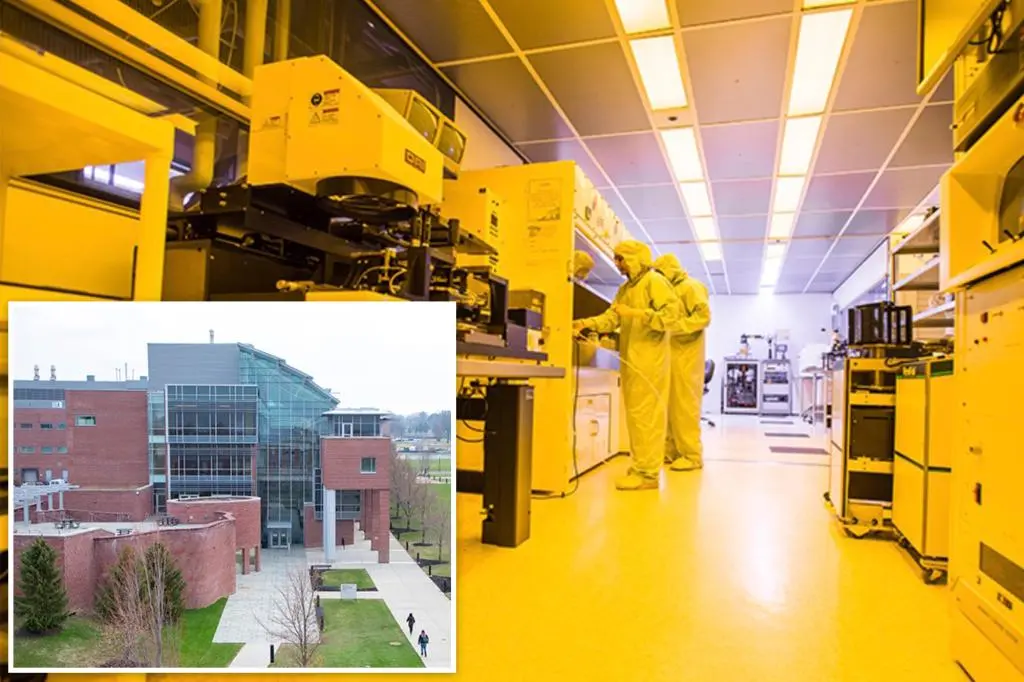I mean ooops, big error from that cleaner, but I kinda feel like this is on the lab. The lesson here is that it probably shouldn’t be set up so that it is possible to turn off sample freezers so simply. And if sample storage is so critical perhaps they should have distributed storage so one freezer loss isn’t such a disaster. What happens if that site loses power for a significant period of time? Why is there no alert system of temp rises?
In computing, if a data storage company stored all their data in volatile storage with an easy ‘power off’ switch (that makes an annoying sound) and no backups for their data I don’t think any one of their clients would be very impressed with them when the exceedingly inevitable happens and they lost all their clients data.
This is classic academia. I didn’t realize how janky our entire academic lab infrastructure was until I moved into industry. When the freezer started alarming and couldn’t maintain temperature, the contents should have been moved right then. Instead, they decided to leave the freezer running not quite right and keeping juuuust cold enough for stuff to not thaw.
As a quick story, we had to replace our -80 freezer once when I was in grad school and we found samples frozen in the back of it that were literally older than my advisor that have been handed down over the years. These are tubes with cell lines preserved that, as far as I know, are the only preserved samples.
In fact, during grad school, I wanted to study a strain of bacteria that had a series of papers written about it back in the 70’s and 80’s. When I reached out to the authors, they told me that they lost those cultures due to equipment failure decades ago, and that is why they stopped publishing papers about it.



